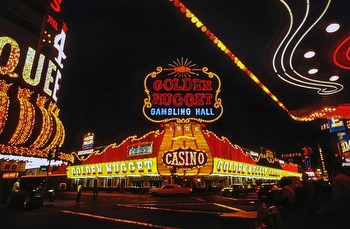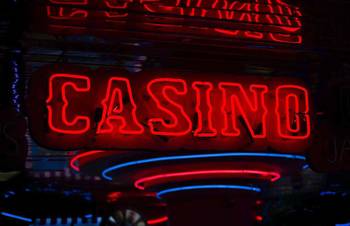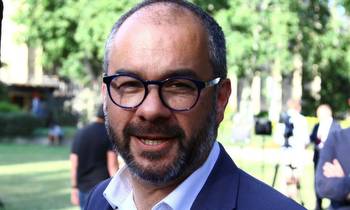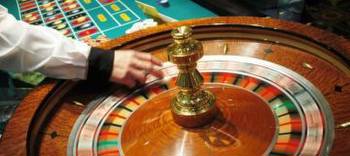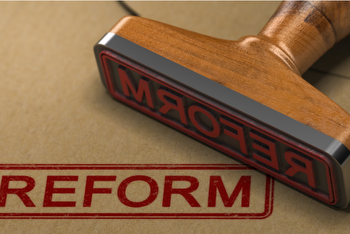BGC: PGR ‘fantasy figures’ undermine the real economic contribution of UK gambling
The Betting and Gaming Council(BGC) has issued its statement regarding this morning’s report by Peers for Gambling Reform (PGR), highlighting the industry’s financial contribution to the UK economy in response to ‘fantasy figures’.
Five key measures were recommended by the report – affordability checks, stake limits on high-risk online casino games, a ban on sports sponsorships, the classification of loot boxes as a form of gambling and the enforcement of a mandatory betting levy to support research, education and treatment of problem gambling (RET).
Although the PGR report noted that these reforms ‘might reduce employment in the gambling industry’, it argued that public diversion of expenditure to ‘more labour intensive’ sectors could support up to 30,000 jobs and increase employee earnings up to £400 million.
In the BGC’s official response, Chief Executive Michael Dugher described the PGR’s claims as ‘fantasy figures’, and the notion that further restriction of the betting industry would stimulate growth in other sectors as ‘economically daft’.
He detailed: “We welcome the Government’s Gambling Review and we are confident that Ministers will make sensible decisions for the future that are based on serious evidence, rather than the fantasy figures contained in this report.
“We are 100% committed to change and we hope that the White Paper will lead to a package of reforms that continue recent significant improvements in safer gambling.”
In response to the PGR’s financial statements, the BGC has again highlighted the findings of an Ernst & Young study published earlier this year, which highlighted the betting sector’s substantial contribution to the UK economy.
The EY report outlined how the betting and gaming industry supports over 119,000 jobs, generates £4.5 billion in tax to the Treasury and contributed over £7.7 billion for the UK economy in gross added value in 2019 – a financial contribution the BGC states ‘will be vital as the Government tries to repair the nation’s finances in the wake of the pandemic’.
Additionally, the standards body reiterated the industry’s extensive monetary backing of British sports, with horse racing, football, rugby league, darts and snooker all receiving significant support from BGC members in the form of racing levy and sponsorship arrangements.
Furthermore, although the PGR has claimed that a mandatory levy would divert resources towards RET, the BGC has pointed to the industry’s vast commitment to these initiatives in the form of £100 million in investment, as well as a further £10 million in funding to the Young People’s Gambling Harm Prevention programme.
“The dream of anti-gambling prohibitionists has always been to somehow force people not to gamble or to gamble less, just because they don’t like betting,” Dugher continued.
“A minority of peers may look down their noses at the millions of working people who enjoy a bet, but the truth is that the overwhelming majority do so perfectly safely.
“And the idea that somehow restricting betting would create more jobs is economically daft and frankly for the birds. This is the theory that if you closed the betting shops there would somehow be a boom in the sale of scented candles.”
Lastly, Dugher outlined the widespread concern expressed by many betting operators that overregulation of the industry would push many customers towards black market operators, which offer little to no safeguarding or customer protection.
“If people were restricted from betting in the regulated industry, they would simply migrate to the growing unlicensed, unsafe black market online that employs no one, pays no tax and contributes nothing to UK plc.”








